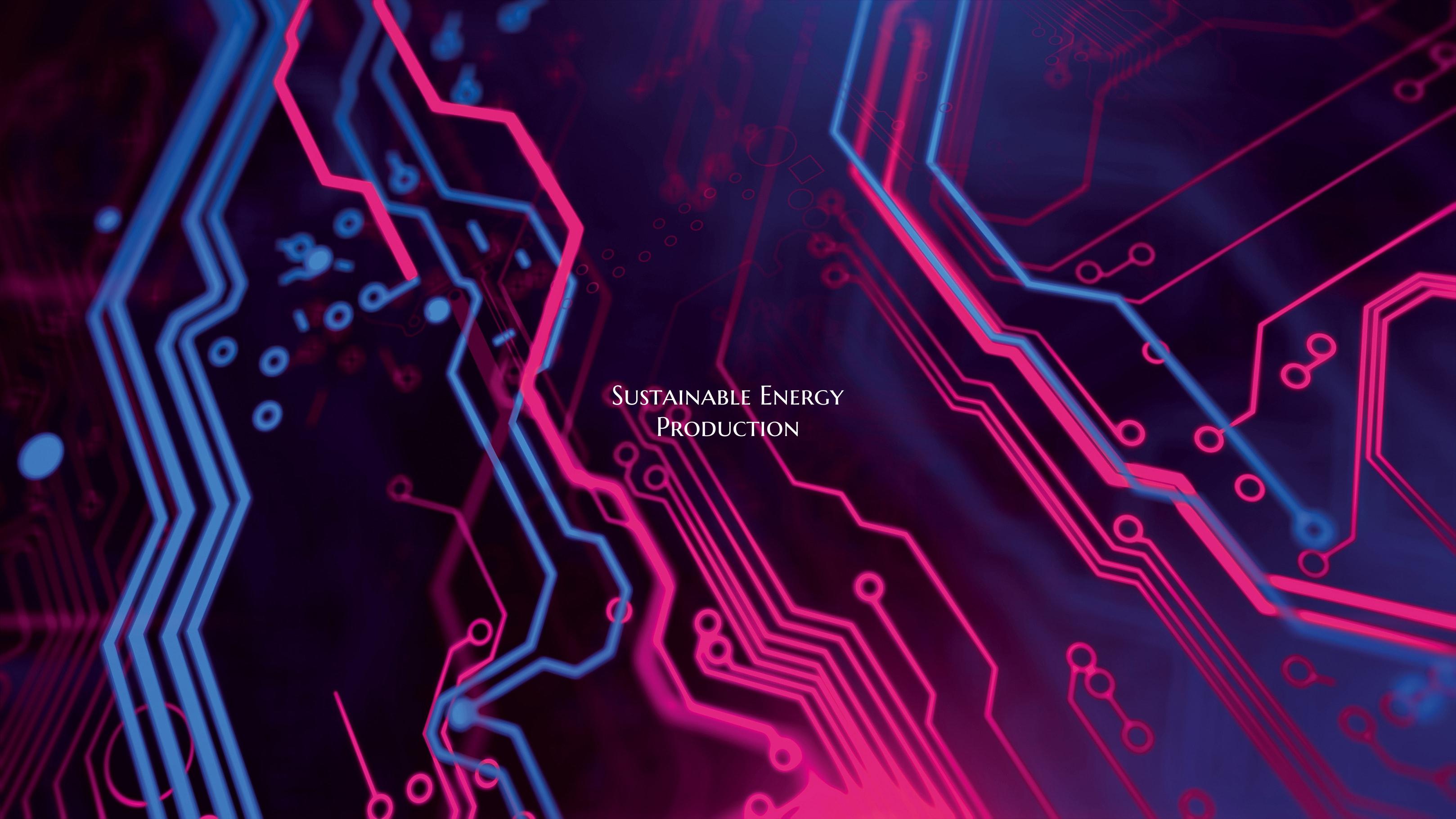Sustainable Energy Production
Introduction: Sustainable energy production is a crucial component of modern society as we strive to reduce our dependence on finite fossil fuels and mitigate the impacts of climate change. By harnessing renewable energy sources such as solar, wind, hydropower, and geothermal energy, we can create a more sustainable future for generations to come.
Benefits of Sustainable Energy Production: 1. Reduced Carbon Emissions: Unlike traditional fossil fuels, sustainable energy sources produce minimal to no carbon emissions, significantly reducing greenhouse gas emissions and combating climate change. 2. Energy Security: By diversifying our energy sources and relying on renewable energy, countries can enhance their energy security and reduce their dependence on imported fuels.
3. Job Creation: The transition to sustainable energy production creates a wide range of job opportunities in manufacturing, installation, maintenance, and research and development of renewable technologies.
4. Economic Growth: Sustainable energy production can drive economic growth by attracting investment, fostering innovation, and creating new markets for clean energy solutions.
5. Environmental Preservation: Renewable energy sources have minimal environmental impact compared to fossil fuels, preserving ecosystems, protecting wildlife, and mitigating pollution.
Technologies in Sustainable Energy Production: 1. Solar Energy: Photovoltaic (PV) panels convert sunlight into electricity, providing a clean and abundant source of energy. 2. Wind Energy: Wind turbines harness the power of wind to generate electricity, offering a scalable and cost-effective energy solution.
3. Hydropower: Hydropower plants use flowing water to produce electricity, offering a reliable and renewable energy source.
4. Geothermal Energy: Geothermal power plants tap into heat stored beneath the Earth's surface to generate electricity and provide heating and cooling systems.
Challenges and Solutions: 1. Intermittency: Renewable energy sources such as solar and wind are intermittent, requiring energy storage solutions like batteries to ensure a consistent power supply.
2. Infrastructure Upgrades: The shift to sustainable energy production may require significant upgrades to the existing grid infrastructure to accommodate decentralized energy generation and distribution.
3. Policy Support: Governments can play a pivotal role in accelerating the transition to sustainable energy production by implementing supportive policies such as renewable energy targets, incentives, and carbon pricing mechanisms.
Conclusion: Sustainable energy production represents a vital pathway towards a greener, more resilient future. By embracing renewable energy sources, investing in innovative technologies, and fostering collaboration among stakeholders, we can create a sustainable energy landscape that benefits both the planet and future generations.

